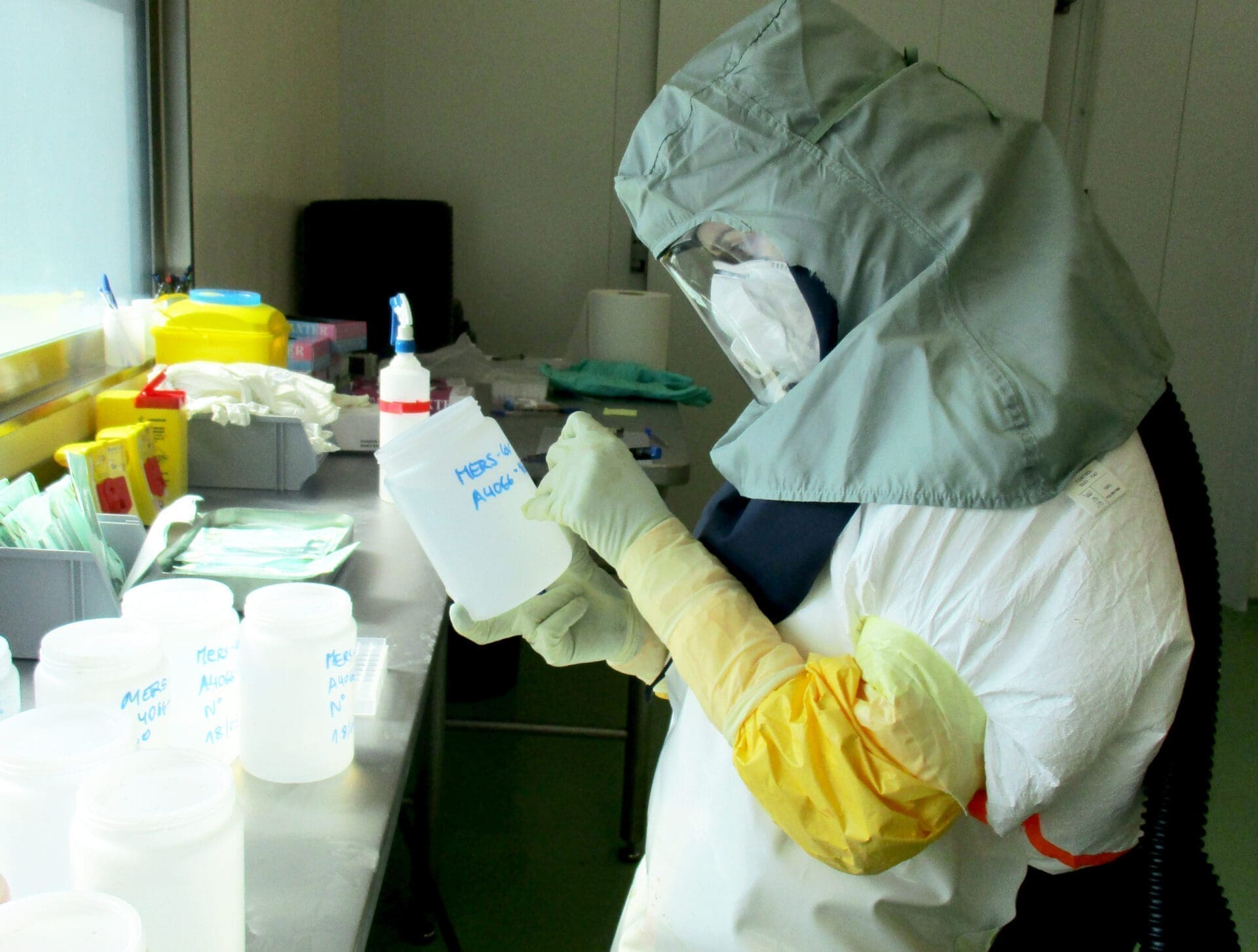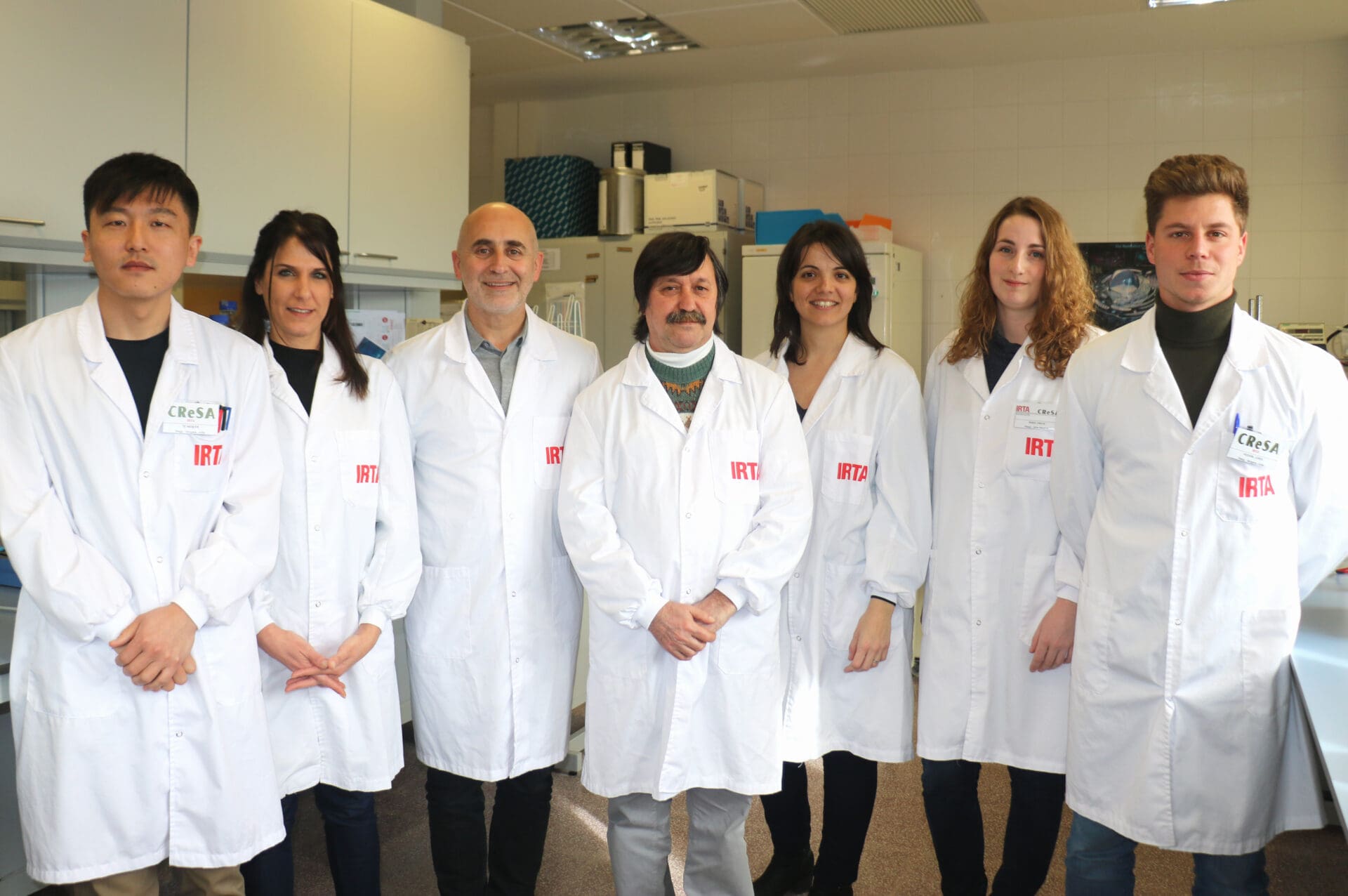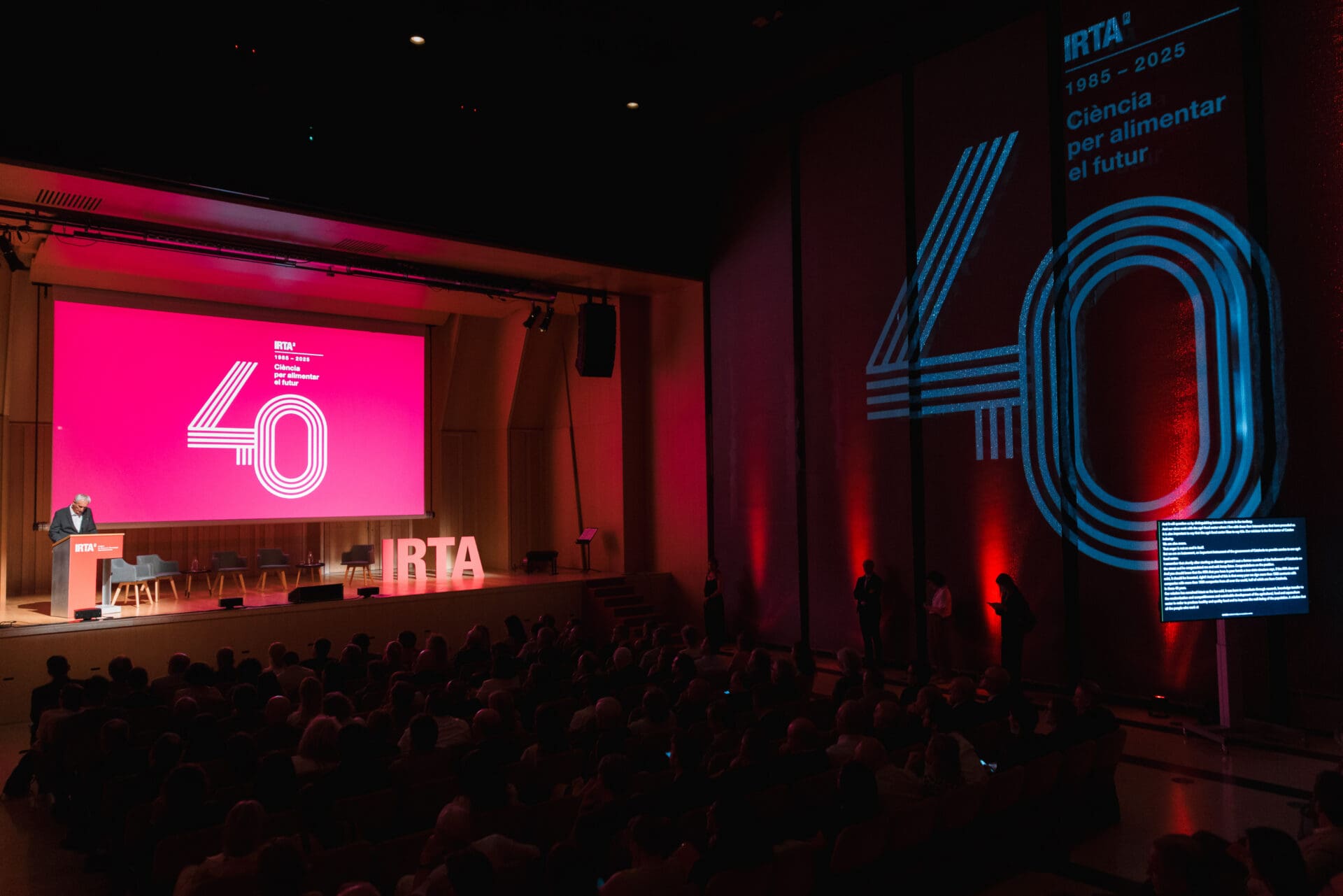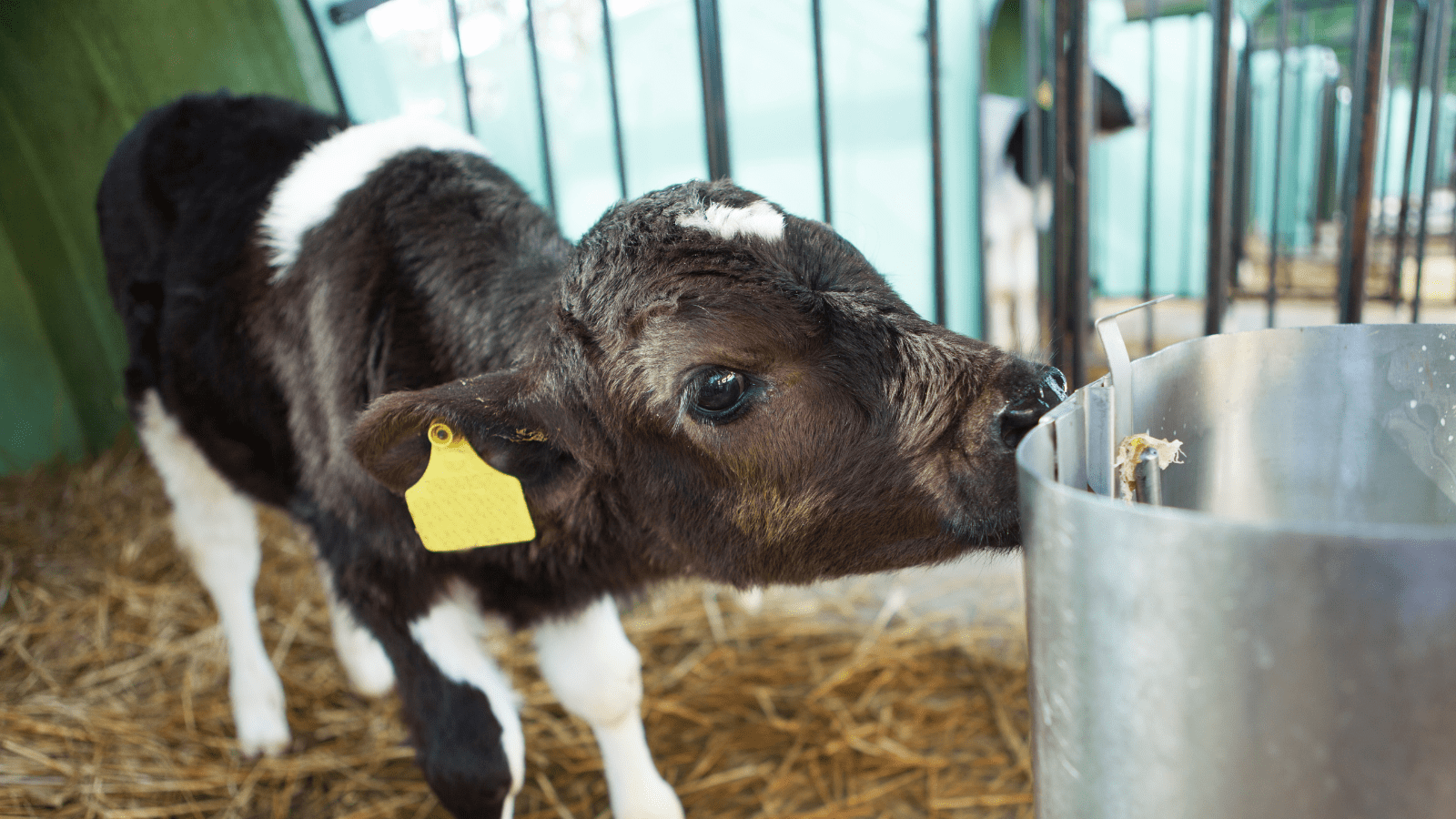
Just days after the Wuhan's new coronavirus outbreak, the virus's gene sequence was identified and published by various research centers around the world. With this information, the coronavirus line of research in the Animal Health Research Center (IRTA-CReSA) of the Institute for Agri-Food Technology and Research (IRTA) has begun working with scientists at the National Laboratory of Galveston and the University of Texas Medical Center of the United States of America to find out more about the origin and evolution of the disease.
From previous experience with other coronaviruses that are genetically similar to Wuhan's, such as the coronavirus SARS and MERS, scientists already suspected which target protein to look for in the new coronavirus to work on a possible vaccine. It is the protein S, which is part of the envelope of all coronaviruses. In this study, researchers have identified the specific region of this protein, which would be key to vaccinating the new coronavirus.
"The next step is to check the effectiveness of these molecules in the lab to find out if they would be good candidates for a vaccine; Once done, it should be tested on animal models, '' says Júlia Vergara-Alert, a researcher and veterinarian at IRTA-CReSA. Although it has not been confirmed that the origin of the new coronavirus is animal, predictions point that chickens and poultry would be the most suspect of all the species available in the genome database. "For doubts it will be necessary to check experimentally, although it is not ruled out that there may be other animal species potentially susceptible to the new virus," says Joaquim Segalés, IRTA-CReSA researcher and professor at the Autonomous University of Barcelona. (UAB). Now, one of the goals of the team is to consolidate its international collaborations and to obtain the necessary funding to advance this line.

The IRTA-CReSA team already has experience in conducting animal models to research with other coronaviruses, as they have been doing with the MERS-coronavirus for more than 5 years, thanks to the Biocontainment Unit that the center has to work with with infectious agents that require a high level of biosecurity, as in the case of these coronaviruses. The IRTA-CReSA Center develops the lines of research of the IRTA Animal Health program.


